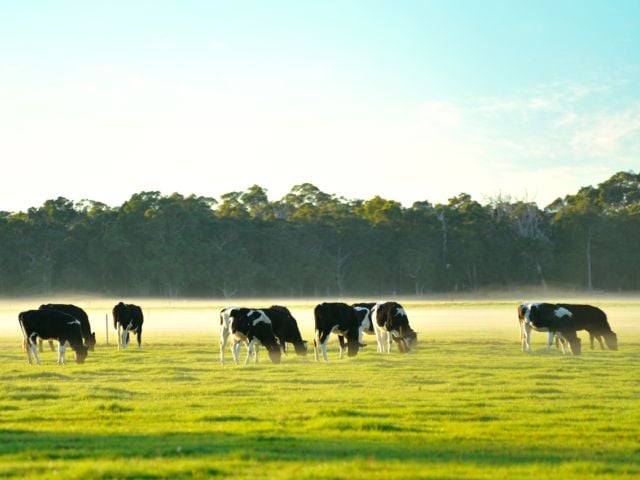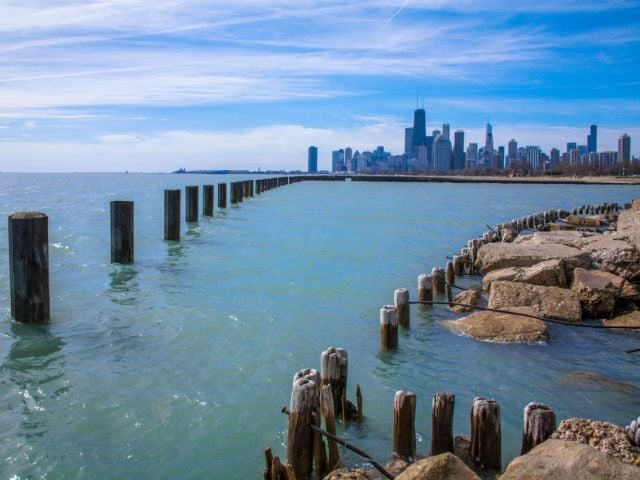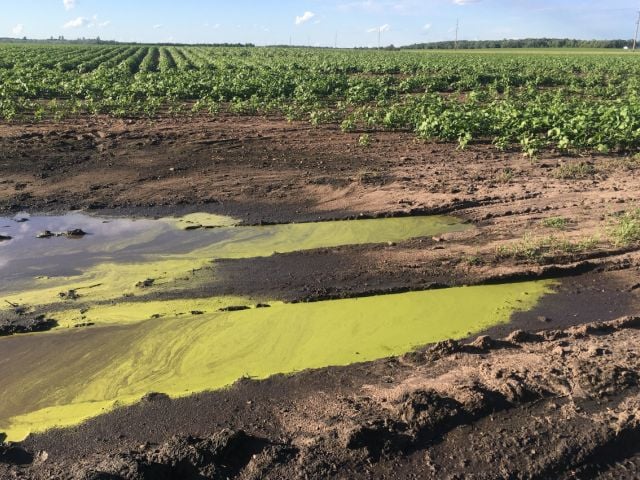
During the G8 meeting last week, the leaders of some of the world's richest countries discussed their interest in paying the global south to keep rainforests intact. A good portion of current CO2 emissions stem from burning vast tracts of forest in the developing world, where clearing space for agriculture is more profitable than leaving the land alone. US companies are willing to pay to protect these forests, but only as a cheap way to offset their carbon footprints. The World Bank is pushing to include tree preservation as an internationally recognized form of carbon credit, available for purchase by polluters wishing to green their public image.
Now I’m all for preserving rainforests, and understand that people in poor countries need to earn a living off their land in one form or another. I agree that the rich countries most responsible for global warming should pay for carbon reduction. Yet there’s a nagging hypocrisy tucked away in US energy policy.
As US policymakers discuss paying people in poor countries not to develop their land for agricultural purposes, our government continues to pay agribusinesses in the US to overproduce agricultural commodities.
Massive tax breaks to encourage US ethanol production provide incentives for many large farms to plant more acres of corn. But the extra grains earn the most profit when channeled into gas tanks, resulting in fewer calories available for human consumption. This drives up the price of food staples, which means that the poor people of the world must figure out new ways to afford their daily bread.
And what better way than to capitalize on the rich countries’ growing demand for ethanol?
Chopping down a rainforest to plant biofuel crops might produce enough income to buy necessary food staples at ethanol-inflated prices. But isn’t rainforest destruction exactly what the G8 said they’re trying to curb?
So we pay rich countries to convert food grains into fuel grains, and then give carbon credits to US companies when they pay poor countries not to grow food or fuel.
If our end goal is to reduce US carbon emissions through both transportation innovations and carbon offsets, why are we creating such a messy set of incentives?



